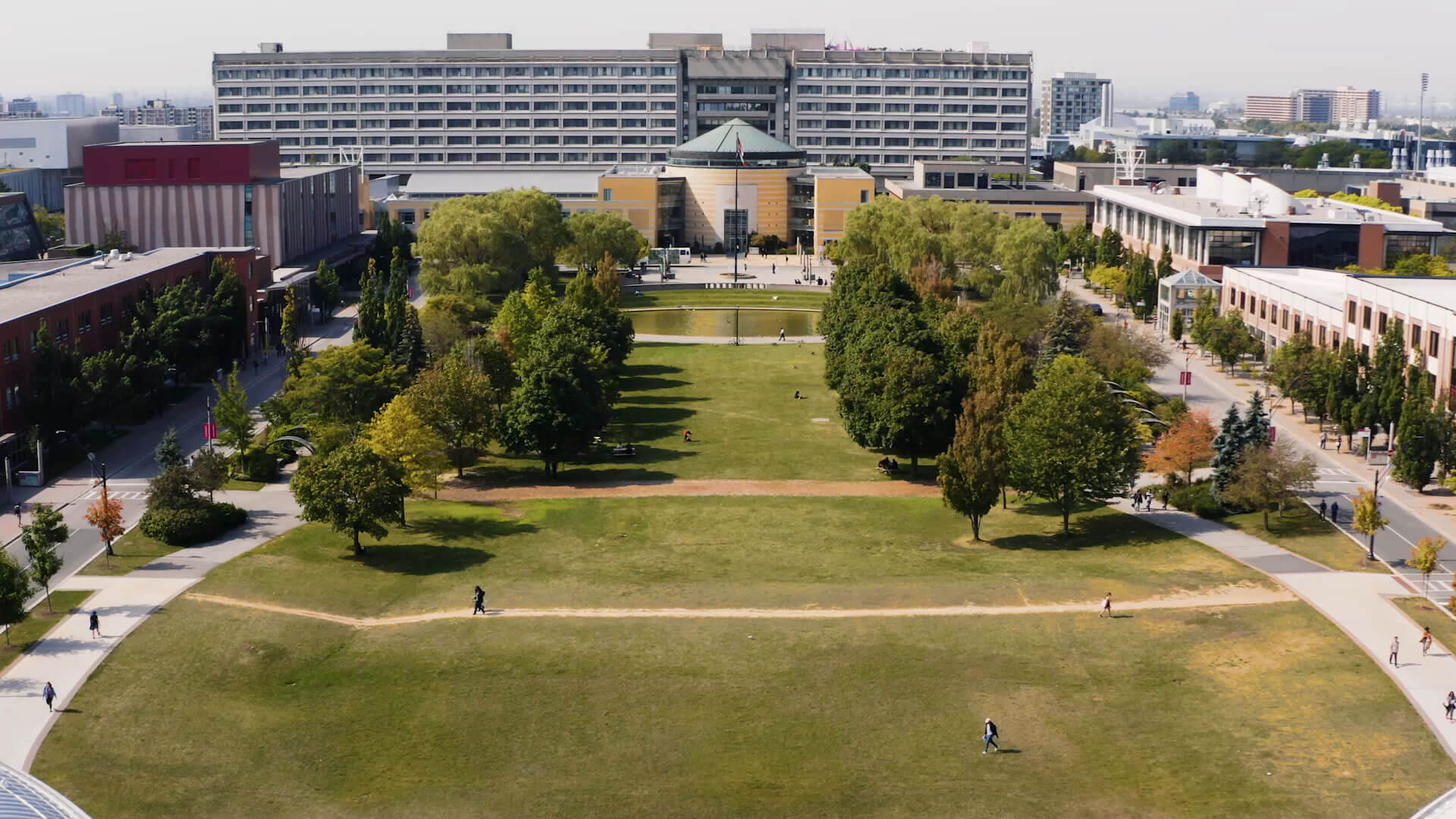Students from York University and Chung-Ang University in Seoul, South Korea were given the opportunity to collaborate on multimedia projects focused on various social policies, including topics such as child and elder care, education, and student financial services. This opportunity was carried out to students by leaders Dr. Thomas Klassen, professor in the School of Public Policy and Administration at York, and Sophia Lee, associate professor of Social Policy in the Department of Social Welfare at Chung-Ang.
Klassen explains that this collaboration came about years after meeting Lee in South Korea while he was conducting research.
“We have similar research and teaching interests that are focused on social policy,” he explains. “We always wanted to collaborate. The COVID-19 pandemic — along with the fact that classes for university students in Canada and Korea moved online — made us even more eager to give students a new way to learn.”
This project reviewed and compared social policies from Canada and South Korea, with each group including a mix of students from both York and Chung-Ang. The prizes were funded by the Korean Office for Research and Education (KORE) at York.
“We were told by our professors that we had to look at one type of social policy and compare the same type of social policy between Canada and South Korea — whether that’s concerning education, disabilities, elderly people, parents etc.,” explains fourth-year international studies student Nekoda Papadatos, whose group focused on the topic of maternity leave policy for the collaboration.
“In my group, we all talked about what types of social policy we were interested in, then we narrowed down several common interests, and we did a vote.”
Papadatos says working with students from South Korea was enjoyable “because their approaches to the assignments and their ideas were refreshing.”
“Students loved working with each other,” Klassen expresses, “even with the frustration of the time difference between Toronto and Seoul. Having this kind of international collaboration was something that students had expected to happen in the course. I was so delighted that both the York and Korean students had jumped right in.”
“Working with the students from Chung-Ang was fantastic,” says Dael Vasquez, a fourth-year political science and communications student. “Group projects always present a novel dynamic, but this experience introduced wonderfully-idiosyncratic elements.”
Gayle Diane Tumampos, third-year political science student, echoes Vasquez’s joyful sentiments about the experience of working with the other students: “Now that technology has been a big part of everyone’s lives, especially during the pandemic, it was quite an experience during these hard times. I would love to do this again because you not only expand your network across the world, but you meet new friends and obtain great ways to excel in your post secondary courses.”
Looking to the future, Klassen promises this collaboration will continue.
“Professor Lee and I have already made plans to do this again in 2022,” he says. “In fact, it will be even better without the COVID-19 pandemic.”
Both Papadatos and Vasquez expressed their willingness in participating in future collaborative projects similar to the York and Chung-Ang presentations based on their respective positive experiences.
“As our professor, Dr. Thomas Klassen, suggested,” Papadatos explains, “this project molded us into experts on our particular type of social policy. This wouldn’t have occurred to the extent it did if we didn’t formulate this project knowing we would use the material to teach our Korean counterparts. I also learned far more about South Korea (especially in the area of maternity leave policies) than if I had conducted the research myself.”
“By standardizing international collaborations such as the one I had the privilege of participating in,” Vasquez argues, “York can easily apply a cost-effective strategy to enhance internationally oriented education.
“Moreover, York could allocate special monies to high performing students taking part in these experiential opportunities. Dr. Klassen did just that in this instance, and as a recipient of one of his financial prizes, I can attest to its motivational impact in leading the team to produce a high-quality policy analysis.”


